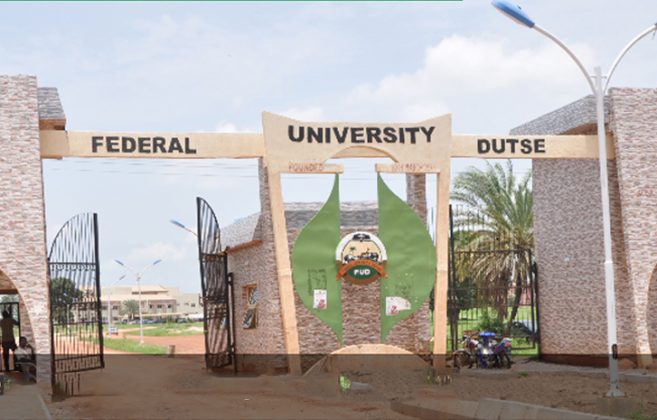A Nigerian university has developed new drugs to treat diabetes and cancer.
Fatima Batul Muktar, Vice-Chancellor of Federal University, Dutse, Jigawa State, who stated this at a press briefing to mark the third convocation of the university Monday, said the anti-diabetic drug has successfully passed pre-clinical stage and has gotten ”ethical approval for clinical trials by Kano State Hospital Management Board.”
Salihu Ibrahim Isma’il, who is the researcher of the school’s Biochemistry department, developed the drugs, also confirmed this in an interview.
Isma’il said the prevalence of diabetes and cancers motivated him into going into the research.
He said he was particularly concerned about the alarming rate of diabetes, especially in the developing world.
“The rating by International Diabetes Federation stated that in Nigeria, there are about 1.7 millon people are living with diabetes and over 7.7 million people are pre-diabetic,” he said.
Mr. Isma’il said the huge economic cost of the disease had pushed many into poverty. He said this motivated him to look at a way of developing a herbal alternative.
He said the drug targets the Type 2 diabetes because it is the most prevalent.
”We had moved into clinical trial stage. We have successfully completed the pre-clinical trial of the anti-diabetic drug. We developed two drugs. We took one and moved with it. When we are done with it, we would take the second one into the clinical trial stage.
“In the pre-clinical stage, we have satisfied and validated the drug safety, efficacy and standardised the method in producing the drugs. This success we achieved motivated me to take the drugs to clinical trial stage,” he said.
He, however, did not give details on the new cancer drug.
Diabetes is divided into three categories: Type 1, Type 2 and gestational diabetes.
Gestational diabetes is rare and is associated with pregnancy while Type 1 represents five per cent of all cases.
Type 2 diabetes is a serious health condition in which blood sugar levels rise much higher than normal.
The fundamental biological changes underlying Type 2 diabetes are lack of sufficient insulin production due to metabolic changes of aging and resistance.

